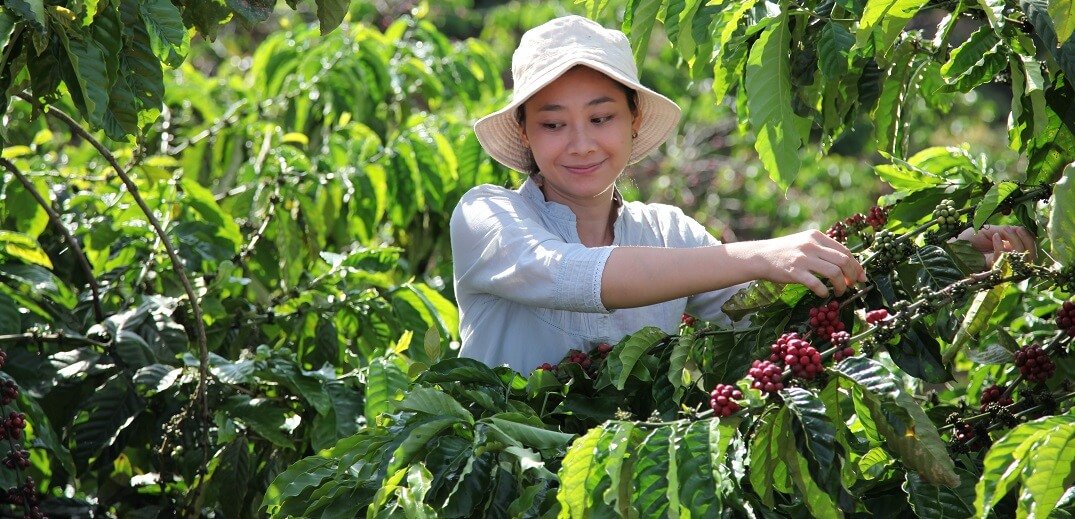Nescafé, Nestlé's largest coffee brand, has outlined its plans for more sustainable farming: the Nescafé Plan 2030. The brand is working with coffee farmers to help them transition to regenerative agriculture while accelerating its decade of work under the existing Nescafé Plan.
The brand is investing over one billion Swiss francs by 2030 in the Nescafé Plan 2030. It is supported by Nestlé's regenerative agriculture financing following the Group's commitment to accelerate the transition to a regenerative food system and ambition to achieve zero net greenhouse gas emissions.
Regenerative agriculture is an approach to farming that aims to improve soil health and fertility, as well as protect water resources and biodiversity. Healthier soils are more resilient to the impacts of climate change and can increase yields, helping improve farmers' livelihoods. Regenerative agriculture also contributes to drawing down carbon dioxide from the atmosphere and reducing greenhouse gas emissions.
Rising temperatures will reduce the area suitable for growing coffee by up to half by 2050. At the same time, around 125 million people depend on coffee for their livelihoods and an estimated 80 per cent of coffee-farming families live at or below the poverty line.
Nescafé will provide farmers with training, technical assistance and high-yielding coffee plantlets to help them transition to regenerative coffee farming practices.
The company is also moving toward sustainable packaging with its Quality Street brand, introducing recyclable FSC-certified paper packaging for its twist-wrapped sweets worldwide.
The landmark move from dual foil and cellulose to recyclable paper wrappers will see Quality Street remove almost 2.5 billion individual pieces of packaging material from its supply chain globally.
Latest News
-
Jewellers body offers grants of up to £50,000 to boost training
-
Agency overhauls community charity’s brand for free
-
Open University launches global majority voluntary sector leadership programme
-
OVO and Co-op’s foundations help launch youth climate justice funding scheme
-
Bus firm to invest £25m in green transport research
-
Myanmar earthquake: Co-operative bank launches emergency fundraising appeal
© 2019 Perspective Publishing Privacy & Cookies









Recent Stories